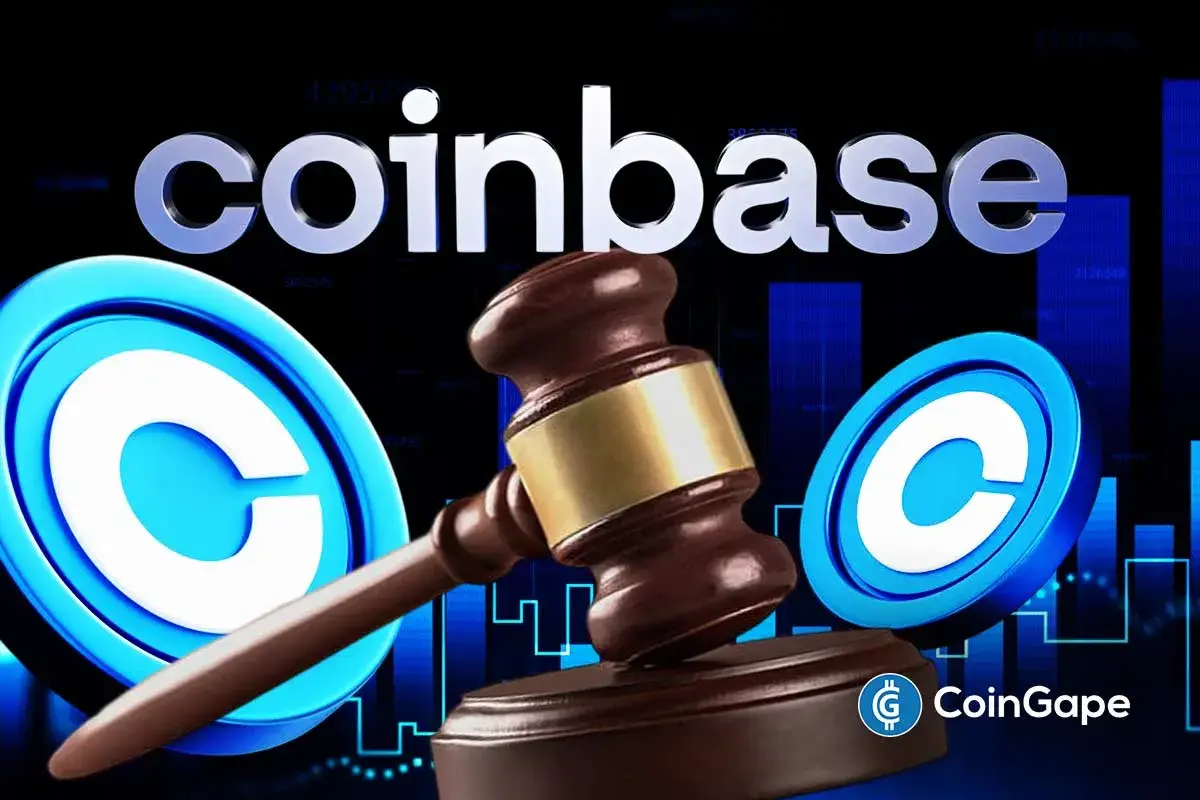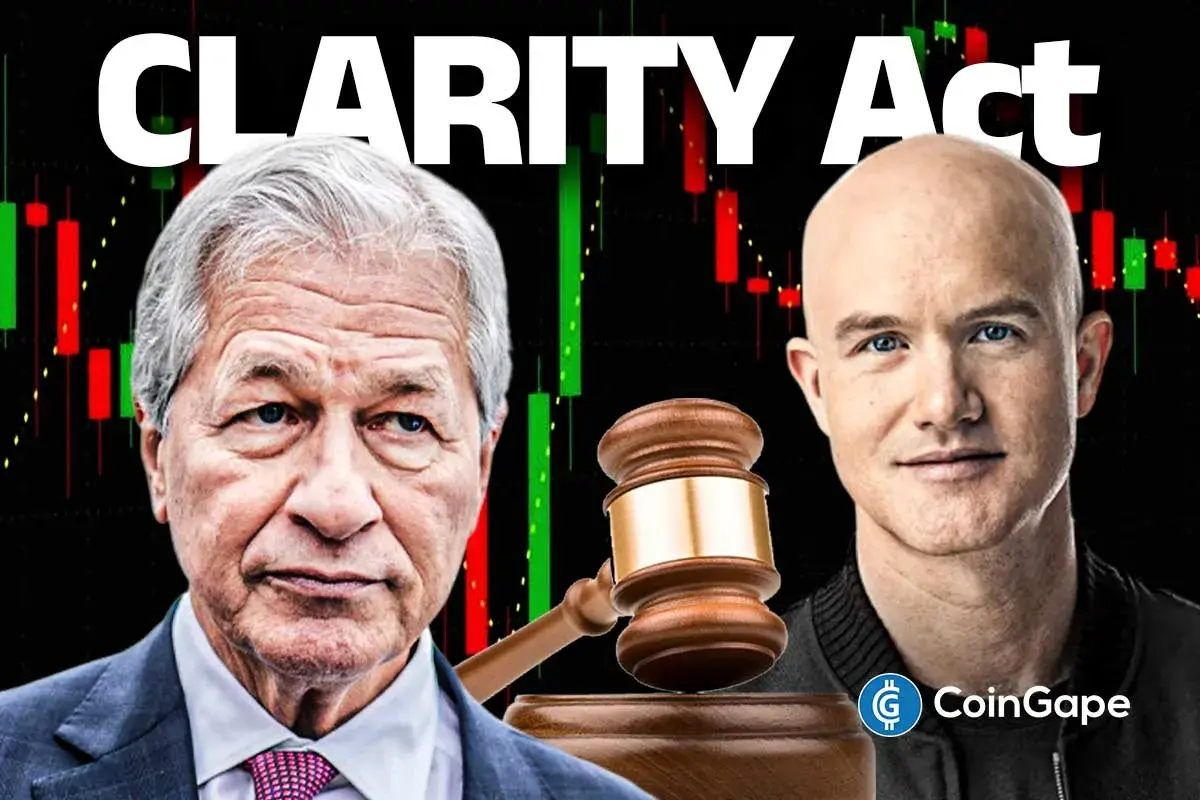Coinbase CLO Slams FDIC Delay Tactics In FOIA Lawsuit

Highlights
- Paul Grewal has called out the US FDIC for delaying its FOIA compliance timeline
- The trading platform is looking to uncover the role of the agency in Operation Chokepoint 2.0
- Like the FDIC, Coinbase is also embroiled in a suit with the US SEC
Coinbase CLO Paul Grewal has shared a new update on the trading platform’s Freedom of Information Act (FOIA) lawsuit against the US Federal Deposit Insurance Commission (FDIC). This case, which is now lingering, suggests the banking regulator is using delay tactics in adhering to previous court orders.
Coinbase Versus FDIC: What is New?
A court filing from the U.S. District Court for the District of Columbia revealed that the FDIC had asked for an additional 16 days to decide if it needed even more time to respond to Coinbase’s FOIA request.
The filing is part of History Associates’ lawsuit against the FDIC on behalf of Coinbase. The firm demands records about the FDIC’s alleged role in discouraging banks from working with cryptocurrency companies.
Coinbase Chief Legal Officer Paul Grewal strongly criticized the FDIC’s move in his X post. He said it was unacceptable for the agency to ask for more time when it missed multiple deadlines.
Per the recent court document, Jonathan C. Bond and Paul Grewal said the FDIC’s conduct showed a clear pattern of delay and resistance. They pointed out that the agency had released documents so heavily redacted that they revealed almost nothing of value.
This follows earlier concerns raised by the exchange, where it blamed the FDIC for refusing to cooperate in its request for records related to Operation Choke Point 2.0.
According to reports, the lawsuit was filed in February 2024. Since then, Coinbase said the FDIC’s actions go against the transparency rules set by FOIA laws.
Victory Over FDIC and Implications
Coinbase has recorded an important victory in this FDIC case since it started. A court order asked the FDIC to release the requested document, a move the agency complied with, with a caveat.
On March 15, 2025, the exchange raised issues with how the FDIC handled its FOIA request concerning Operation Choke Point 2.0. The few documents that were handed over revealed little because of redactions.
This case could affect how government agencies respond to future FOIA requests from companies in the crypto space.
If Coinbase succeeds, it may force federal agencies to be more open in their dealings with digital asset firms, setting a precedent that could benefit the broader industry.
Coinbase Exchange and the US SEC
It is worth mentioning that Coinbase is also engaged in a separate FOIA dispute with the United States Securities and Exchange Commission.
As reported earlier by CoinGape, the top crypto exchange bagged a win in the case as the court warned the SEC of possible sanctions. On March 28, 2025, Judge Ana Reyes denied the agency’s request for more time and ordered it to meet an April 11 deadline to release key documents.
The exchange’s demands hinge on the discovery of the financial records expended by the US SEC in its crypto crackdowns.
- OpenAI Introduces Smart Contract Benchmark for AI Agents as AI and Crypto Converge
- Goldman Sachs CEO Discloses Bitcoin Stake, Backs Regulatory Push Amid Industry Standoff
- FOMC Minutes Signal Fed Largely Divided Over Rate Cuts, Bitcoin Falls
- BitMine Adds 20,000 ETH As Staked Ethereum Surpasses Half Of Total Supply
- Wells Fargo Predicts Bitcoin Rally on $150 Billion ‘YOLO Trade’ Inflow
- BMNR Stock Outlook: BitMine Price Eyes Rebound Amid ARK Invest, BlackRock, Morgan Stanley Buying
- Why Shiba Inu Price Is Not Rising?
- How XRP Price Will React as Franklin Templeton’s XRPZ ETF Gains Momentum
- Will Sui Price Rally Ahead of Grayscale’s $GSUI ETF Launch Tomorrow?
- Why Pi Network Price Could Skyrocket to $0.20 This Week
- Pi Network Price Beats Bitcoin, Ethereum, XRP as Upgrades and Potential CEX Listing Fuels Demand

















